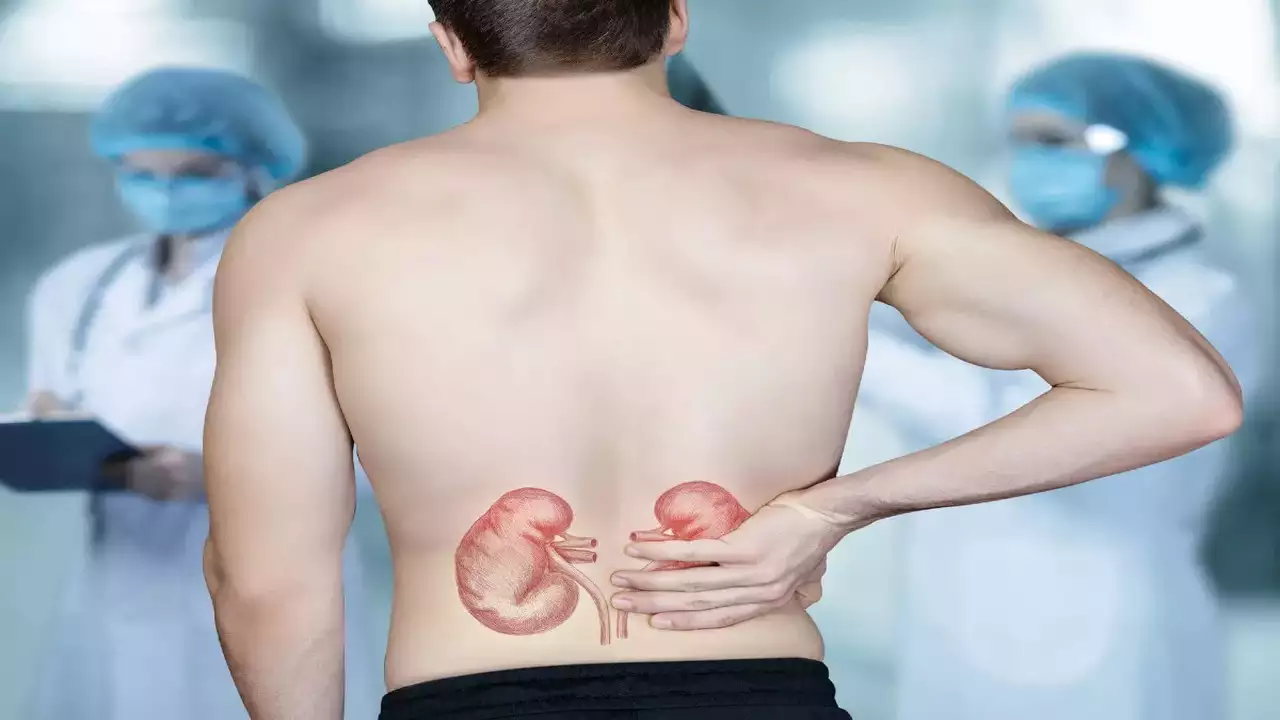Is Gatorade bad for your kidneys? Truth of Sports...
Added by Neal Mathews<p>Many individuals enjoy sipping Gatorade drinks to stay hydrated and energized...

A kidney stone is made up of a solid mass or crystal and the stones can vary in size from stones as small as a grain to as big as a golf ball depending on the size of the kidneys. Even a small kidney stone can cause extreme pain especially when it is trying to exit the urinary system of the body through the urinary tract.
Now the question arises can kidney stones cause severe gastrointestinal problems? Well, the answer is yes! In this blog, we have underlined different gastrointestinal symptoms along with the increased risk of complications caused by kidney stones.
In some cases, an individual may experience severe gastrointestinal side symptoms after invasive treatment of kidney stones like nausea, vomiting, and pain and these can be caused by kidney stones. Therefore, it is quite obvious that kidney stones can cause sudden pain and severe gastrointestinal problems. But with correct treatment and medicine, it can be resolved.
When an individual suffers from a kidney stone, he/she may experience initial symptoms related to other gastrointestinal system problems. Different indications are associated with kidney stones and the symptoms of kidney stones and the symptoms of kidney stones are-
An individual without kidneys may experience some gastrointestinal problems due to the formation of kidney stones. Some of other symptoms of the potential gastrointestinal complications caused by kidney stones are -
From the above discussion, it is evident that kidney stones can cause gastrointestinal symptoms and complications. But what about the reverse situation? Can gastrointestinal problems can also cause kidney stones?
The answer is yes, here are some symptoms of some gastrointestinal issues that can lead to kidney stones-
In some cases, kidney stones can pass naturally through blood and concentrated urine. However, in some cases the size of kidney stones is big and it cannot pass through urine or naturally concentrated blood and urine. In this case, consulting an experienced doctor is advisable. The doctor will examine the body to recommend the best treatment plan to prevent stones.
Moreover, if the patient experiences gastrointestinal problems like vomiting, nausea, and pain with the other kidney stones symptoms then it is extremely important to seek medical help before the situation becomes worse.
Not all patients with kidney stones will experience gastrointestinal problems. However, many patients with kidney stone symptoms suffer abdominal discomfort from this common condition. It is always advisable to seek medical help if the patient experiences vomiting, nausea, and pain.
General recommendations include - Drinking plenty of water, eating enough calcium, eating a moderate amount of protein, avoiding high salt content food, and limiting food with high oxalate content.
Diarrhea refers to a condition when an individual passes watery stools or urine frequently and with great urgency. Chronic diarrhea can cause dehydration of urine which can result in kidney stone formation. It is important to seek medical help if the patient has been suffering from diarrhea for a long time.
kidney stones typically and gastrointestinal problems are correlated. Kidney stones can give rise to gastrointestinal complications and vice versa. However, if the patient with kidney stones experiences several symptoms like nausea, vomiting, and pain in lower abdomen, then it can be a sign that kidney stones are more serious and it is important to visit a doctor to suggest an effective way to treat kidney stones and develop a plan for better recovery.